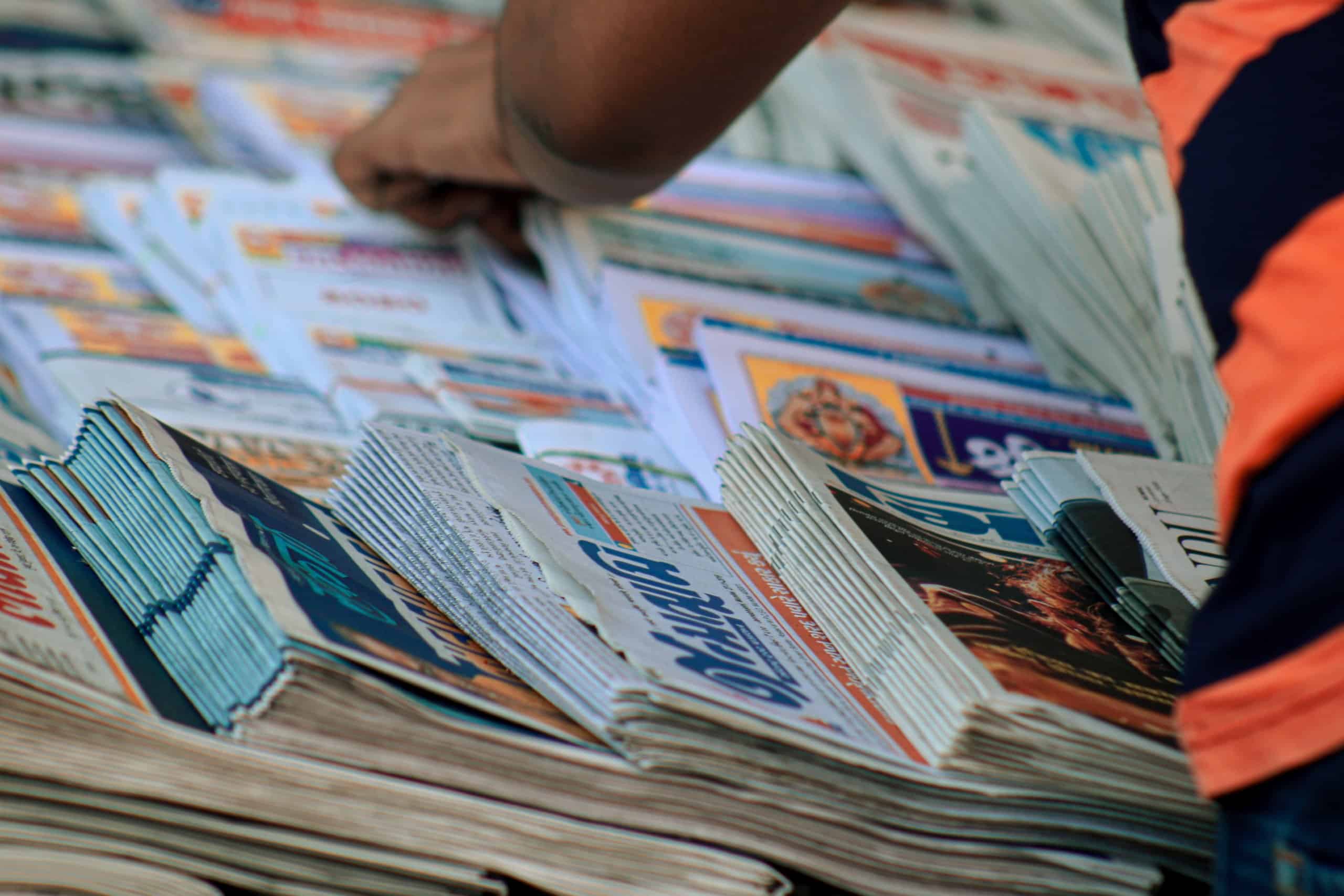
In times of crisis, the media matters more than ever
As the scale of the COVID-19 crisis dawned on the UK and it was announced that schools would close, the government pledged that those working in ‘critical sectors’ would be prioritised for education provision. The vast majority of professions on the government’s key worker list were to be expected – health and social care, education, food, and transport. But one other profession stood out: journalists providing public service broadcasting. In categorising journalists as key workers, the government rightly acknowledged the integral role the media plays in sharing vital information with the public. It was the media that first warned us of the crisis; it was the media that told us about critical COVID-19 policies long before any official government letters; and it will be the media which holds our leaders to account.
‘Journalism too important not to share’
Recognising the essential role that media coverage plays in informing citizens about COVID-19 developments, many publications that have paywalls, such as the Financial Times and The Economist, have made coronavirus coverage free to read. At a time when newspapers are fighting for survival, the significance of this shouldn’t be underestimated.
And tragically, the vast majority of our news outlets are struggling. Print publications, which had already suffered years of declining sales and reduced ad spend, are paying a particularly heavy price thanks to the widespread closure of retail stores. Few outlets are immune. Almost all national titles, including The Guardian, The Telegraph and The Daily Mirror, have been forced to furlough staff, while two of the country’s leading Jewish newspapers, the Jewish Chronicle and Jewish News, are to go into liquidation.
Journalism’s survival dominated social media discussions at the weekend following the publication of a Sunday Times exposé outlining a litany of government failures surrounding the coronavirus. The article was held up as a prime example of investigative journalism. It was sufficiently impactful that Number 10 made the rare decision to issue a statement. But the article was also behind a paywall. This led to many people – including Guardian columnist Owen Jones – sharing screenshots of the text in a bid to drive greater awareness of the Sunday Times’ findings. The move was met with widespread derision from the industry, and became a news story in itself – writing on Tuesday, The Irish Times stated that the piece ‘had fallen into a popular category: journalism too important not to share, yet not important enough to pay for.’ Other commentators highlighted how much time and resources it takes to produce this kind of investigative journalism – which ultimately needs to be paid for.
Whatever you think of the Sunday Times article, one thing is impossible to deny – it has held the government to account. Hours after its publication, Michael Gove was questioned on its contents, and forced to concede that Boris Johnson had missed five consecutive emergency meetings in the buildup to the coronavirus crisis, and that the UK shipped protective equipment to China in February. And the fact that the government chose to publicly respond to the allegations via a 2,127-word blog post is extremely significant.
Creating a level playing field
As this incident shows, we not only need the media to inform and educate us in these challenging times. We need it to ask the difficult questions of authorities, and drive dialogue which will help us to improve our society. So at a time when this critical industry is struggling, we need to do more to save it. One initiative came this week from the Australian government, which is developing a code of conduct requiring tech giants to pay local media companies for their content. Speaking about the initiative, Australian Treasurer Josh Frydenberg stated “It’s only fair that those that generate content get paid for it. This will help to create a level playing field.”
While this is a great – and needed – step forwards, we also have a responsibility as consumers. Good journalism costs money, and will struggle if we expect it to be free at the point of use. Those of us that can should pay to support the publications we read, and help fund the journalism that we need now more than ever.





